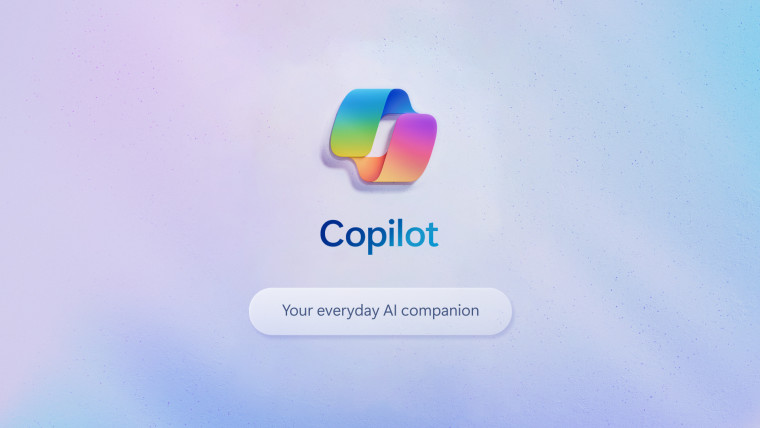
In February 2023, Microsoft first announced Bing Chat, its generative AI chatbot that used OpenAI's ChatGPT model. Since then the company has been adding new features and improvements to the chatbot, and a few weeks ago it announced a new name, Copilot. On December 1, Microsoft revealed that Copilot was no longer considered to be in a public preview, and was labeled as being generally available.
Today, Microsoft announced new features that are either available now or are in testing and will roll out later in 2024. One of them is adding OpenAI's latest large language model, ChatGPT-4 Turbo. Microsoft stated:
Soon, Copilot will be able to generate responses using OpenAI's latest model, GPT-4 Turbo, enabling you to tackle more complex and longer tasks such as writing code and more. This model is currently in testing with select users and will be widely integrated into Copilot in the coming weeks.
Microsoft added that OpenAI's next-generation AI art creation model DALL-E 3 is also now available in Copilot.
Microsoft Edge browser users will soon be able to select the text from websites and have Copilot rewrite the text. It is also working on a new way for Copilot to analyze images with a combination of GPT-4, Bing image search and web search data.
Copilot will also add a new Code Interpreter feature in the near future for people who want to create Python code for answers to questions.

Microsoft adds:
Copilot will write the code to answer your complex, natural-language requests, run that code in a sandboxed environment and use the results to give you higher quality responses. You can also upload and download files to and from Copilot, so you can work with your own data and code as well as Bing search results
Microsoft's Bing search engine will also soon add a new feature called Deep Search. If a user searches for answers to complex topics on Bing, they can click on the Deep Search option. Using GPT-4, Bing will offer up expanded search results.
Indeed Microsoft has posted a separate blog article devoted to the new Bing Deep Search option. It states:
Regular searches on Bing already consider millions of web pages for each search and Deep Search does ten times that to find results that are more informative and specific than the ones that rank higher in normal search.
This is currently in testing with a limited number of users. Microsoft does say that using Deep Search can take up to 30 seconds to come up with its answers.
















